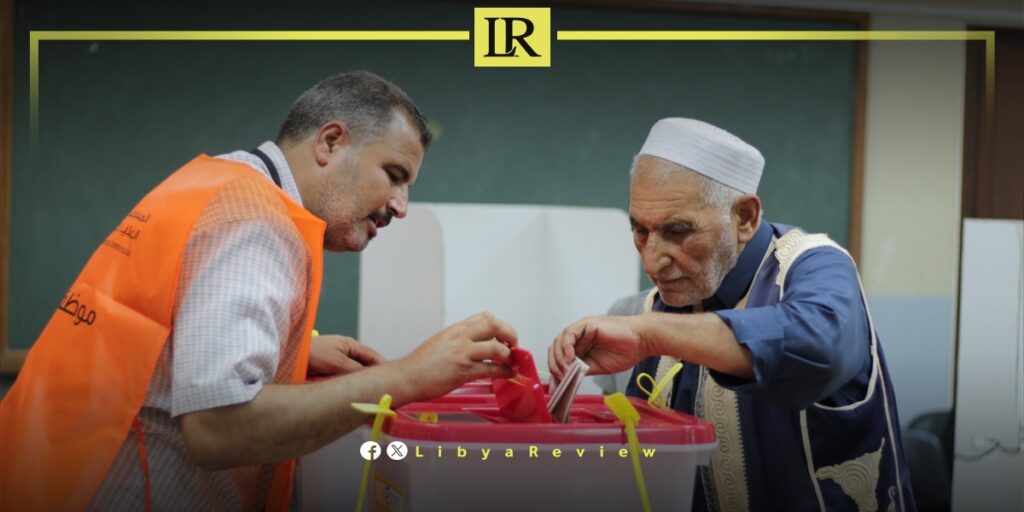The United Nations mission in Libya has presented what it describes as a “comprehensive plan” aimed at steering the country towards long-delayed national elections and the unification of state institutions.
UN spokesperson Mohamed Al-Asadi said the roadmap, announced by Special Representative Hanna Tetteh before the Security Council and in a televised message to Libyans, sets out gradual and parallel steps intended to end the political deadlock.
Al-Asadi noted that negotiations over forming a new unified government will be “neither easy nor quick,” but stressed they are “necessary and urgent.” He added that no rigid timetable can be imposed for this step.
According to the mission, the first stage will involve restructuring the High National Elections Commission. This includes completing the appointment of its board of directors, ensuring financial independence, and strengthening its operational capacity. Legal frameworks governing elections will also be revised in line with recommendations from the advisory committee. The UN expects this process to be finalised within two months.
The spokesperson highlighted that the roadmap stands out for its “broad participation and involvement of a wide range of political actors,” aimed at securing strong backing for any future government.
Tetteh outlined the key elements of the plan, which focus on three pillars: establishing a technically sound electoral framework, forming a unified government, and launching an inclusive national dialogue. She stressed that the roadmap is designed to conclude transitional phases and move Libya into a period of stability and predictability.
While she avoided setting unrealistic deadlines, Tetteh suggested that a timeframe of 12 to 18 months would be sufficient to implement the roadmap, provided there is goodwill among Libyan parties. She also warned that any obstruction could trigger Security Council sanctions against spoilers.


